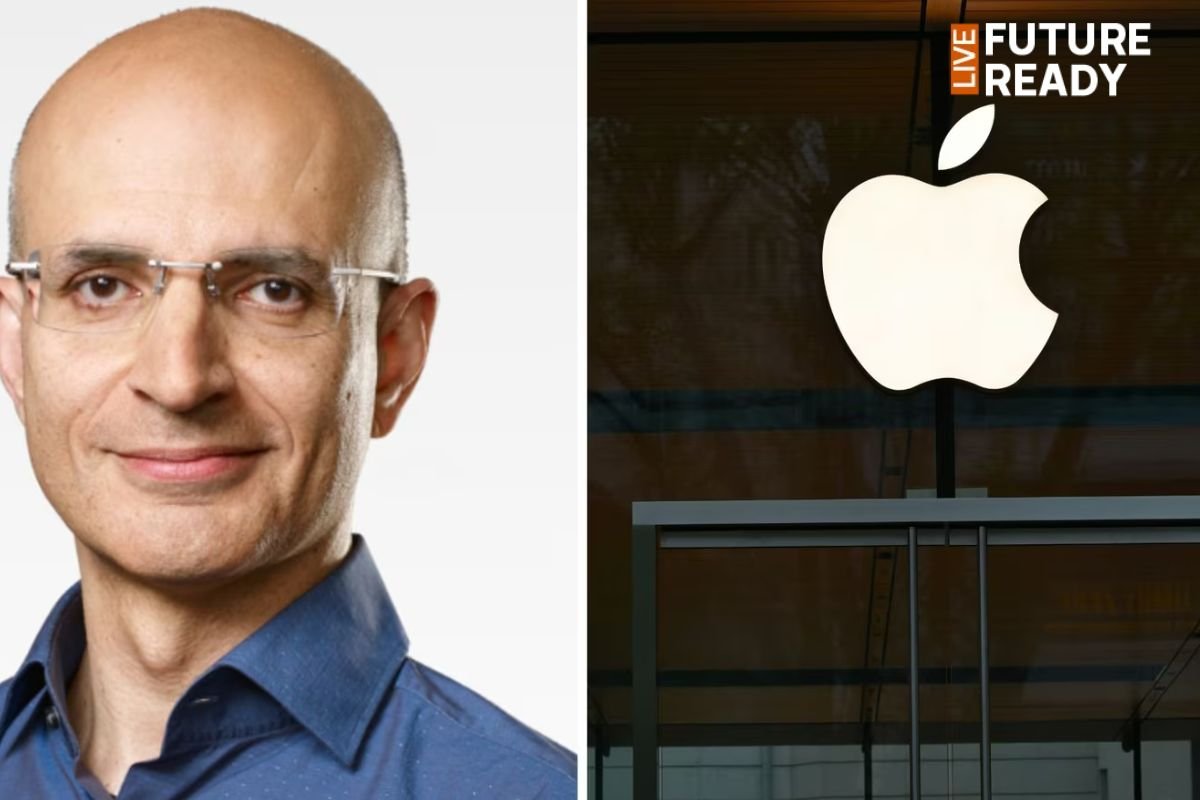In mid-June 2025, a mysterious actor used AI voice-cloning and texting tools to impersonate U.S. Secretary of State Marco Rubio—targeting at least three foreign ministers, a U.S. governor, and a member of Congress via Signal. The U.S. State Department issued a global alert on July 3, warning diplomats and officials about this alarming breach.
What Happened?
-
The impostor created a Signal profile named Marco.Rubio@state.gov, imitated Rubio’s voice in voicemails, and replicated his writing style in texts—inviting recipients to respond via Signal.
-
Targets received both voice messages (on at least two occasions) and text invites to chat.
-
While no evidence suggests recipients fell for the scam, the goal appeared to be information or account access.
Cybersecurity Concerns
-
Officials described the campaign as “not very sophisticated”, yet noted that AI-generated messages can still be convincing and dangerous.
-
The State Department emphasized that, although there’s no direct cyber threat, any response to the impostor may expose sensitive info.
-
A July 3 cable was sent to all diplomatic posts, urging staff to alert partners and report impersonation attempts.
Broader Context
-
AI impersonation has become more frequent: similar incidents include attempts involving Susie Wiles (White House Chief of Staff) and deepfake videos of public figures.
-
Experts warn that AI-driven voice cloning can be created from just 15–20 seconds of audio, making this a real and growing threat.
Why It Matters
-
Diplomatic risks: Fake messages erode trust and may create confusion in foreign relations.
-
National security: Even unsophisticated scams could compromise accounts or leak info.
-
AI weaponisation: This is a stark reminder that AI deepfakes are now a tool for political and diplomatic manipulation.
What’s Next?
-
Immense importance is now placed on rigorous verification protocols—confirming identities through secondary channels before any response.
-
The U.S. government is investigating the source and implementing cybersecurity enhancements.
-
As AI tools become more powerful, officials and institutions must adapt rapidly to prevent future impersonation attacks.
Final Takeaway
This episode marks a dangerous intersection between AI and diplomacy: advanced voice-cloning can now impersonate global leaders. For Future Ready readers, it’s a reminder that as AI evolves, so must our methods of trust and verification in an increasingly digital world.
Read more on our website: Future Ready, your go-to platform for the best educational content and latest updates.
Read More Related Blogs :-




















